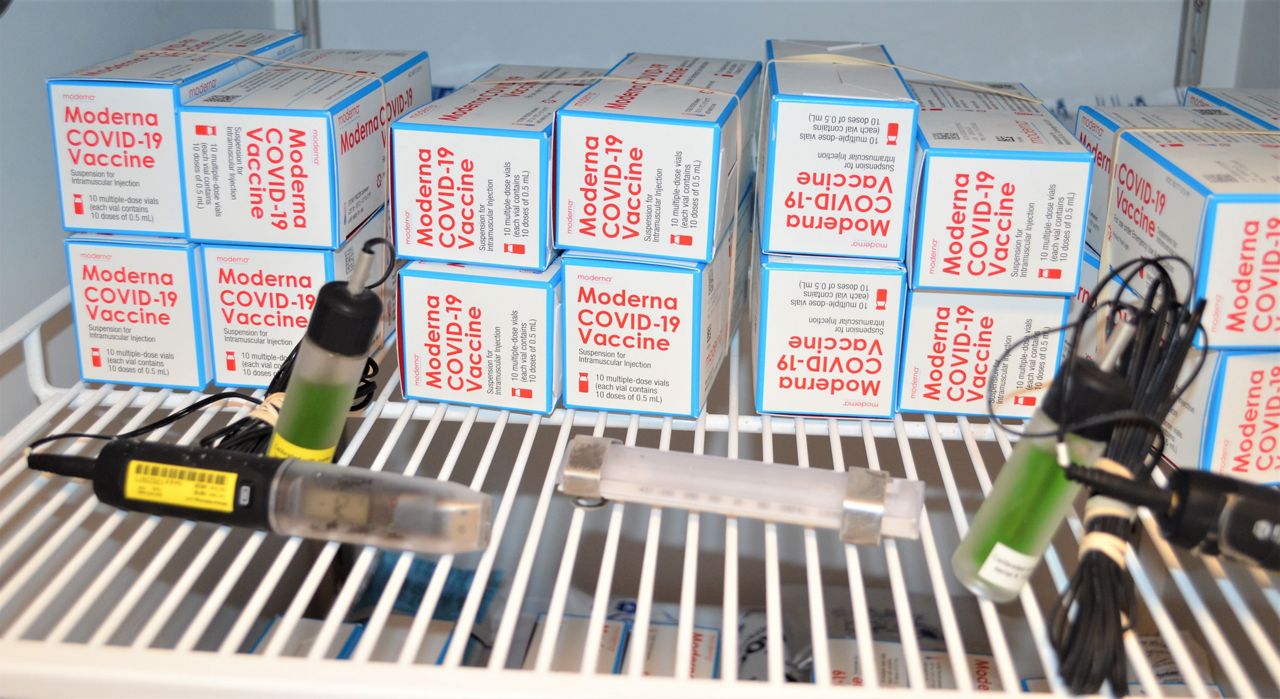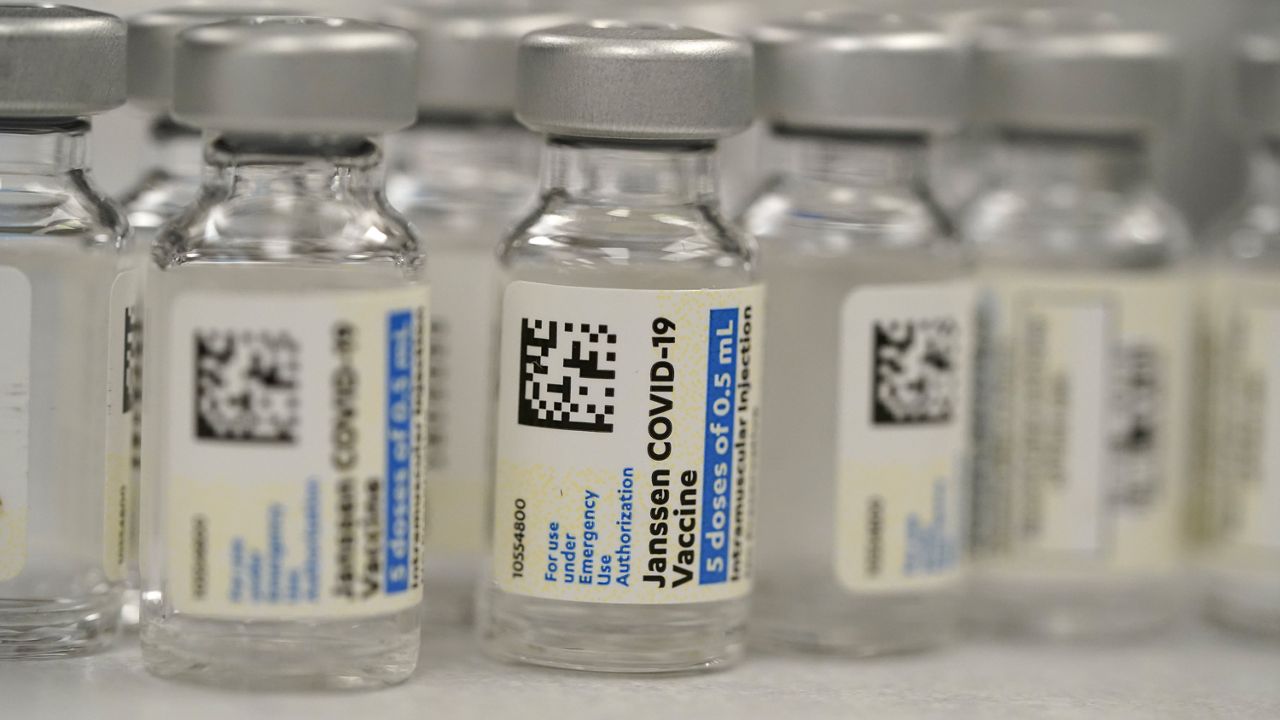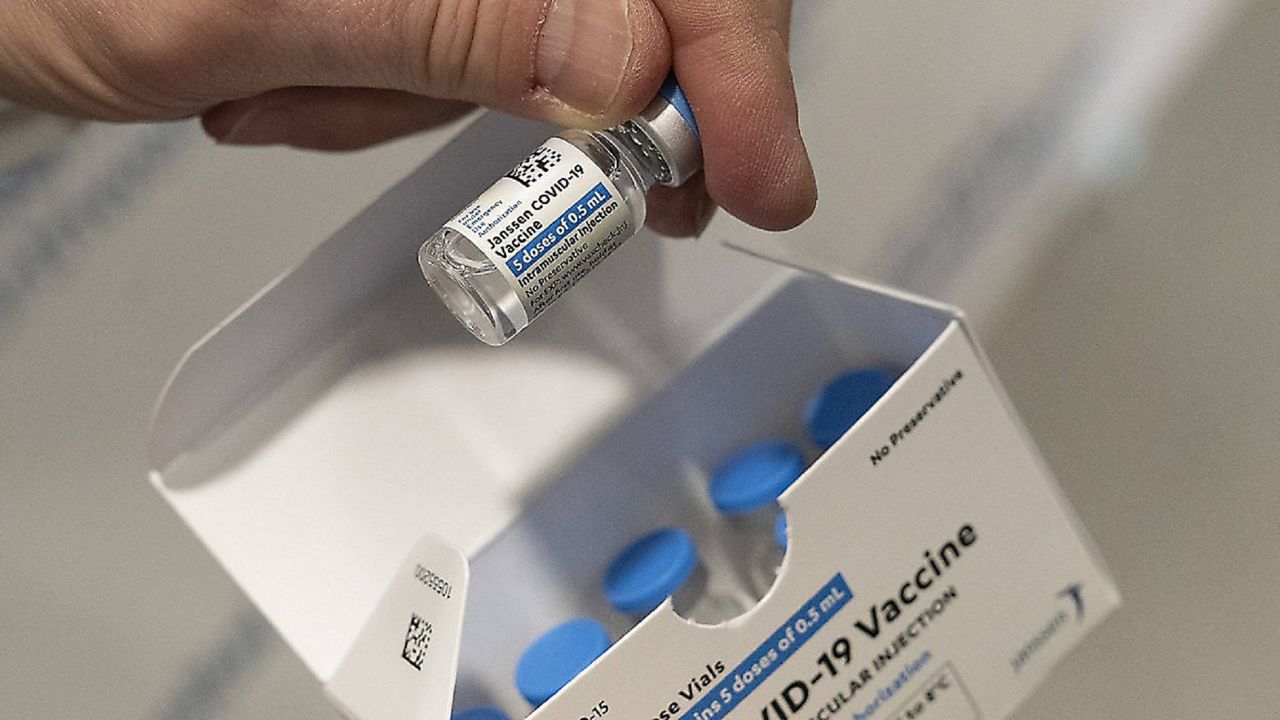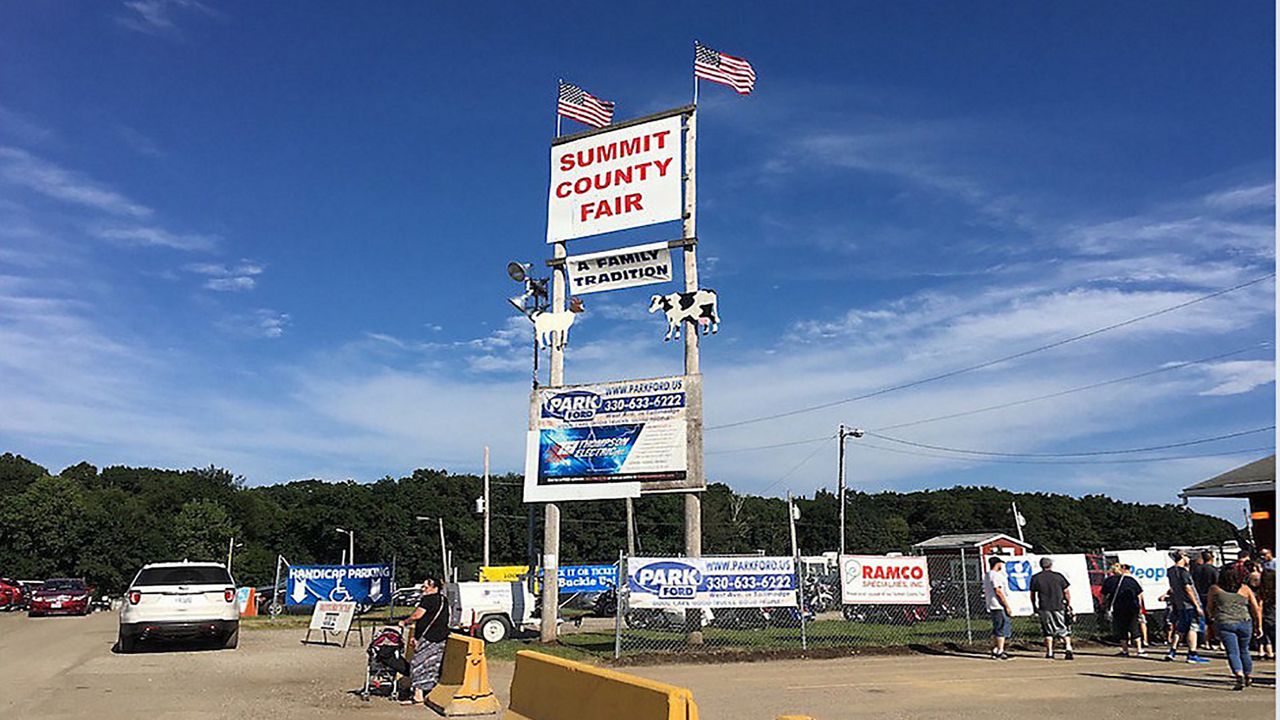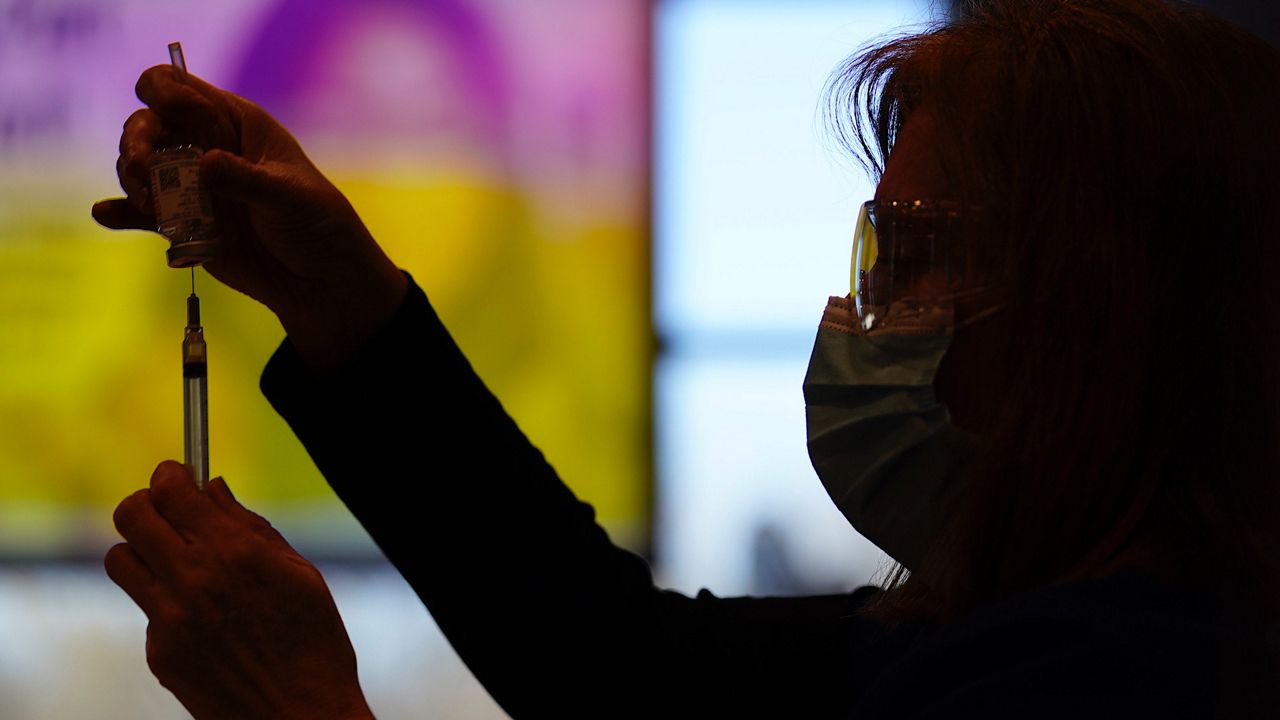AKRON, Ohio — Now that COVID-19 vaccination eligibility has been expanded to include Ohioans 16 and older, many parents who want their teens vaccinated have questions.
What You Need To Know
- Beginning March 29 in Ohio, anyone 16 and older became eligible for the COVID-19 vaccine, but only Pfizer can be used for children 16 and 17 years old
- Health professionals advise parents to adhere strictly to vaccine age restrictions, even if the teen is close to turning 16
- Parents must accompany teenagers and pain medication should not be administered before the vaccine is given
- Most facilities post a contact number to find out which vaccine is being administered; some post that information online
The most important place to start is to determine the right brand of vaccine for the teen’s age, said Akron Children’s Hospital Chief Medical Officer Dr. Robert McGregor.
“Pfizer is OK for 16 and older, but for Moderna they have to be 18 and older, so a 16-year-old, or someone about to be 16, can’t get it yet,” McGregor said. “And they will require two shots.”
Parents must be present when their teens are vaccinated, said Summit County Health Commissioner Donna Skoda, and should strictly adhere to the age guidelines.
“Make sure it is an age-appropriate vaccine that’s scheduled,” Skoda said in a text. ”(The vaccine) should not be given to teenagers unless it meets the age criteria -- even if you will be 16 in two months.”
Pfizer-BioNTech, Moderna, and Johnson & Johnson vaccines have all been authorized by the FDA for emergency use in teens, but only Pfizer can be administered to teens under 18.
Pfizer-BioNTech and Moderna are messenger RNA vaccines that tell cells to make a “spike protein,” like the one on the coronavirus that causes COVID-19. That “message” helps the body learn to fight off the virus.
Studies on regular childhood vaccines have found premedication can modify the immune response, so parents should not give kids pain medication before getting the COVID-19 vaccine, McGregor said.
“Once you get the vaccine, if you have a sore arm, you can take it. So after the fact is OK,” McGregor said.
Several other clinical trials are underway for teens and younger children.
Moderna’s study for vaccine efficacy in kids 12-17 started in March, McGregor said. With results expected by late spring, the vaccine could be ready by early fall.
Moderna’s “KidCOVE” trial has just begun, studying the effect of the vaccine on children 6 months to 12 years old.
Pfizer launched a similar study in March to determine efficacy in kids 6 months to 11 years old, which is expected to eventually include 4,500 children in the U.S. and Europe, the company said.
As of March 18, 3.34 million children in the U.S. have had COVID-19, according to the American Academy of Pediatrics (AAP).
Most health care experts agree vaccinating young people is a good idea, with the AAP calling the vaccine “our best hope for ending the current pandemic.”
What’s more, kids can contribute to herd immunity, which officials estimate will require 70% to 85% of the population be immune. Children under 15 make up 26% of the global population, according to Pfizer.
Tracking Down the Vaccine
To find out which vaccine is being administered at local dispensaries will take some digging, as state-designated sites are administering whatever brand is available, McGregor said.
Some facilities post which vaccine they are dispensing online, and all offer a contact number:
- Summit County Fairgrounds Mass Vaccination Clinic open April 3 and administer the one-dose Johnson & Johnson vaccine, which is appropriate for people 18 and older.
- Akron Children’s Hospital offers a Public COVID-19 Vaccination Program, with locations updated regularly.
- Cleveland State University’s Wolstein Center is an eight-week mass vaccination clinic administering through April 6 the Pfizer vaccine, which is appropriate for children 16 and older.
- In the Cincinnati area, sign up for the Coronavirus Watch newsletter.
- Ohio’s COVID-19 Vaccination Program offers online registration at more than 15 mass-vaccination locations around the state, as well as at mobile clinics. Contact the specific vaccine dispenser to find out what brand is being administered.
- Ohio Vaccine Hunters on Facebook is an active clearinghouse for COVID-19 vaccine information, with updates posted throughout the day. The group recommends signing up for your local hospital’s “My Chart” for vaccine updates vaccines.
- Nationwide Children’s Hospital in Columbus is a good resource for COVID-19 vaccine information, but check back regularly to schedule an appointment.





